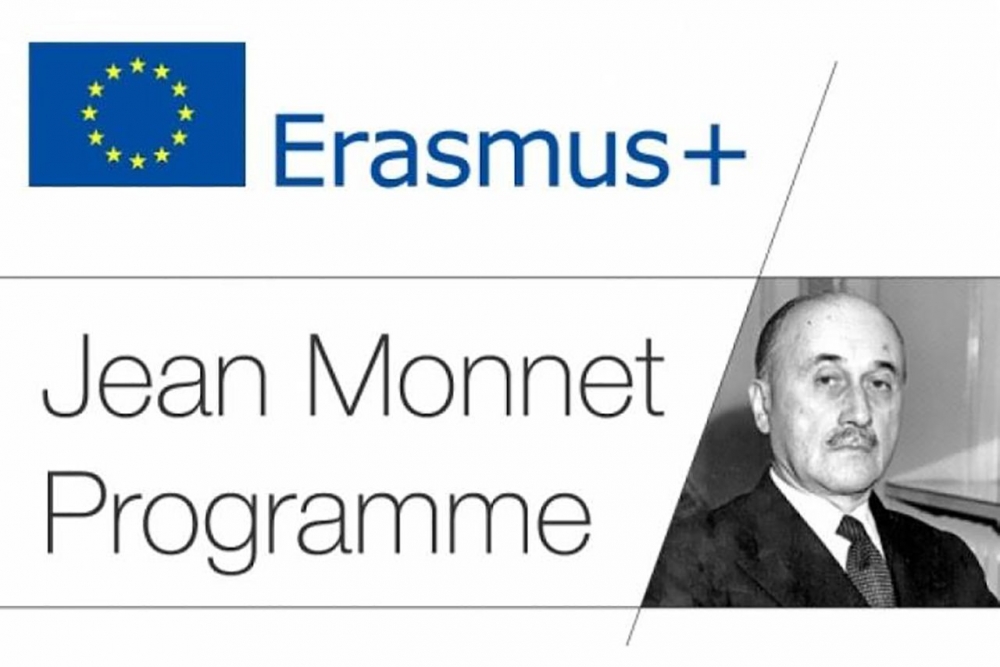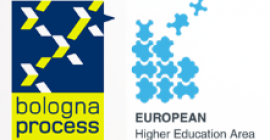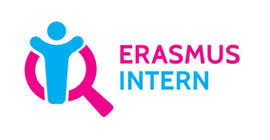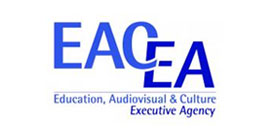Maqolalar
Modules, Chairs, Centers, Support to Associations, Networks and Projects

Jean Monnet Actions - Modules, Chairs, Centers (download)
Support to Associations, Networks and Projects
Jean Monnet Actions
The Jean Monnet actions offer opportunities in the field of higher education and in other fields of education and training. The Jean Monnet actions contribute to spreading knowledge about the European Union integration matters. The following actions are supported:
- Jean Monnet Actions in the field of higher education
- Jean Monnet Actions in other fields of education and training
- Jean Monnet policy debate (higher education and other fields of education and training)
These actions are managed by the European Education and Culture Executive Agency (EACEA).
The Jean Monnet “Teaching and Research” must take one of the following forms: Modules, Chairs, or Centres of Excellence.
Modules are short teaching programmes or courses in the field of European Union studies at offered at a higher education institution. Each Module has a minimum duration of 40 teaching hours per academic year for a duration of three years. Modules may concentrate on one particular discipline in European studies or be multidisciplinary in approach and therefore call upon the academic input of several professors and experts. They can also take the form of short specialised or summer programmes.
Chairs are teaching posts with a specialisation in European Union studies (as described above) for university professors for a duration of three years. A Jean Monnet Chair is held by only one professor, who provides the minimum of 90 teaching hours per academic year. The Chair may also have a team to support and enhance the activities of the Chair, including the provision of additional teaching hours.
Jean Monnet Centres of Excellence are focal points of competence and knowledge on European Union subjects. They should gather the expertise and competences of high-level experts aiming to at develop synergies between the various disciplines and resources in European studies (as described above) as well as at creating joint transnational activities. They also ensure openness to civil society. Jean Monnet Centres of Excellence have a major role in reaching out to students from faculties not normally dealing with European Union issues as well as to policy makers, civil servants, organised civil society and the general public at large.
Jean Monnet beneficiaries (Modules and Chair holders and Centre of Excellence participants) are requested to organise activities and events that ensure openness to policy makers, civil servants, civil society and the general public at large.









